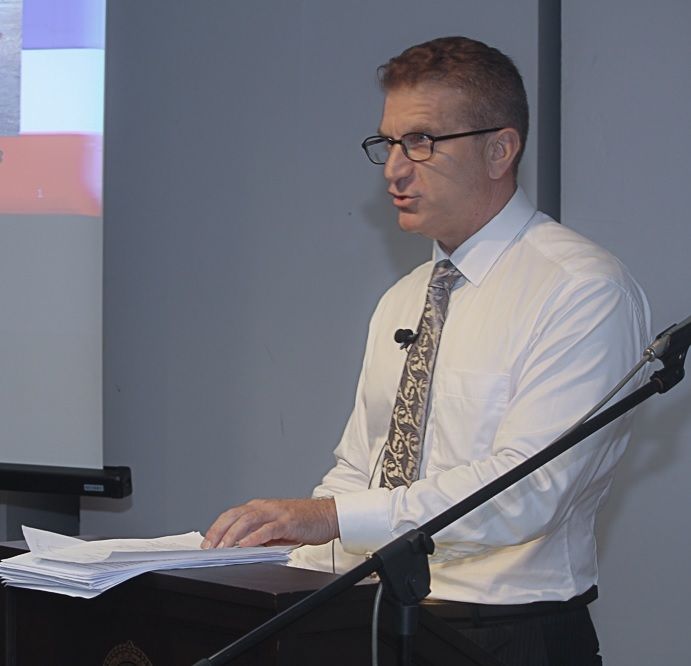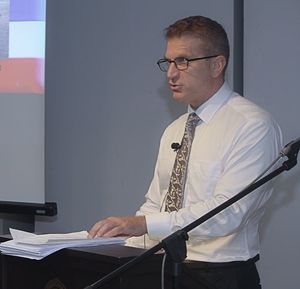
DR. PAUL T. CARTER
LECTURER / DOCUMENTARIAN / RESEARCHER
American Dr. Paul T. Carter is a Thailand-based internationally recognized historian, researcher, and video documentarian specializing in Southeast Asian history, with a focus on lessons learned from the Second Indochina War. Dr. Carter explores lost battlefields, uncovers obscure archives, and collaborates with locals and former warriors to preserve the rich and complex histories of the region through storytelling on his YouTube channel.
Holding a Doctor of Philosophy (Ph.D.) from Thai Studies, Chulalongkorn University, Dr. Carter brings decades of experience and world-travel to his roles as a researcher and lecturer. He lectures part-time at Payap University in Chiang Mai and Cross-Cultural Communications in the International Business program at Mahidol University in Bangkok. His expertise has also earned him invitations to speak at distinguished venues such as Siam Society and Bangkok’s British Club, among others.
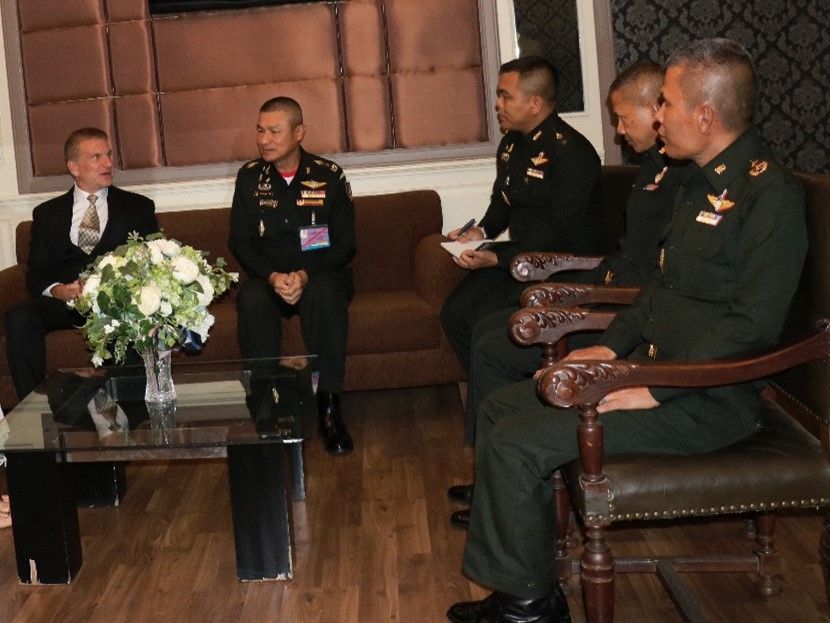
Dr. Carter’s professional background spans both academia and military service. As a retired U.S. Army intelligence officer, he has a remarkable record of leadership and accomplishments. His military career includes serving as the Chief of Intelligence Operations for the 82nd Airborne Division in Afghanistan (2002–2003) and later, a seven-year tenure at the U.S. Defense Intelligence Agency in Washington, D.C. Between 2007 and 2011, Dr. Carter completed four wartime deployments to Iraq, including two tours with Joint Special Operations Task Force-17, providing critical intelligence to U.S. forces and policymakers.
Dr. Carter's achievements include:
- Co-authoring 14 U.S. Presidential Daily Briefs (PDBs) on topics vital to U.S. national security between 2011–2014.
- Receiving the U.S. President’s Daily Brief Professional Recognition Award (2013).
- Being honored with the Knowlton Award by the U.S. Army’s Military Intelligence Corps Association for outstanding contributions to military intelligence.
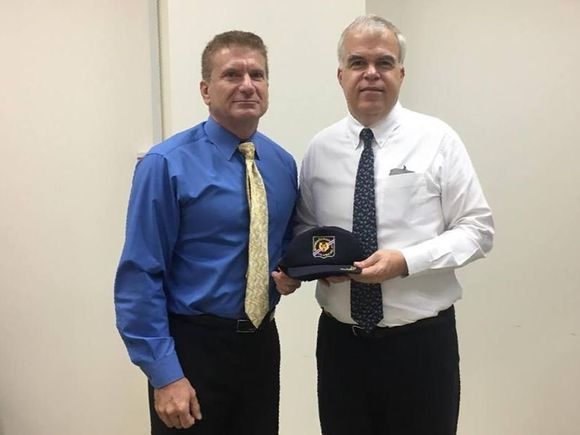
In addition to his military and academic achievements, Dr. Carter is an accomplished author and public educator. He has published articles in prestigious journals, including:
- Asia Research Institute (National University of Singapore)
- Chulalongkorn University’s Asian Review
- CIA’s Studies in Intelligence
- East Asia (International Quarterly)
- Indochina in the War Years (Radix Press)
- IUP Journal of History and Culture
- U.S. Army’s Military Intelligence Professional Bulletin and ARMOR Magazine
His ability to bring history to life extends beyond the written word. Dr. Carter maintains an active
YouTube channel, sharing insightful content on Southeast Asian history, culture, and conflict. He also contributed to the Twin Cities Public Television (TPT) documentary
America’s Secret War: Minnesota Remembers Vietnam
and to the RAND Corporation study
Ending the U.S. War in Iraq; offering expert perspectives on the war’s impact and legacy.
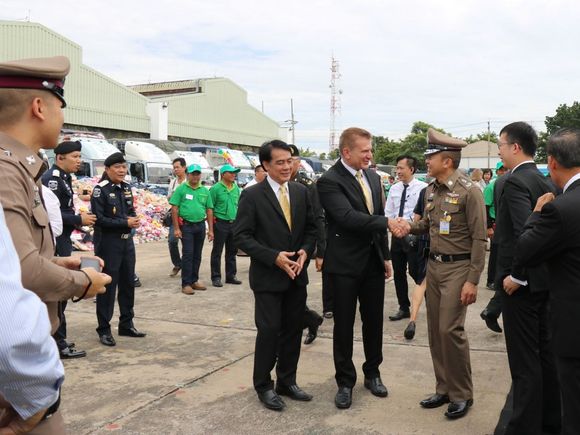
Dr. Carter is passionate about education and making history accessible to all. His work has been featured on platforms like Academia.edu, where his publications are freely available for download, and in the Hmong Daily News, which highlights his research and outreach.
For those interested in history, Dr. Carter’s lectures and writings provide unparalleled insights into Southeast Asia’s modern conflicts and cultural dynamics. Whether you are an academic institution, historical organization, or business group, Dr. Carter is available for lectures, presentations, and collaborations to share his knowledge and expertise.
Contact Information:
To connect with Dr. Carter for inquiries, collaborations, or speaking engagements, please email:
Explore Dr. Carter’s work further:
Follow his engaging content on his YouTube channel.
Visit his
Academia.edu profile for free downloads of his journal articles and papers.
